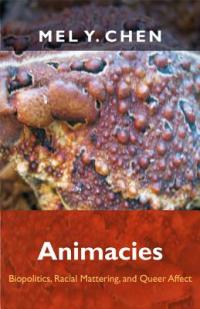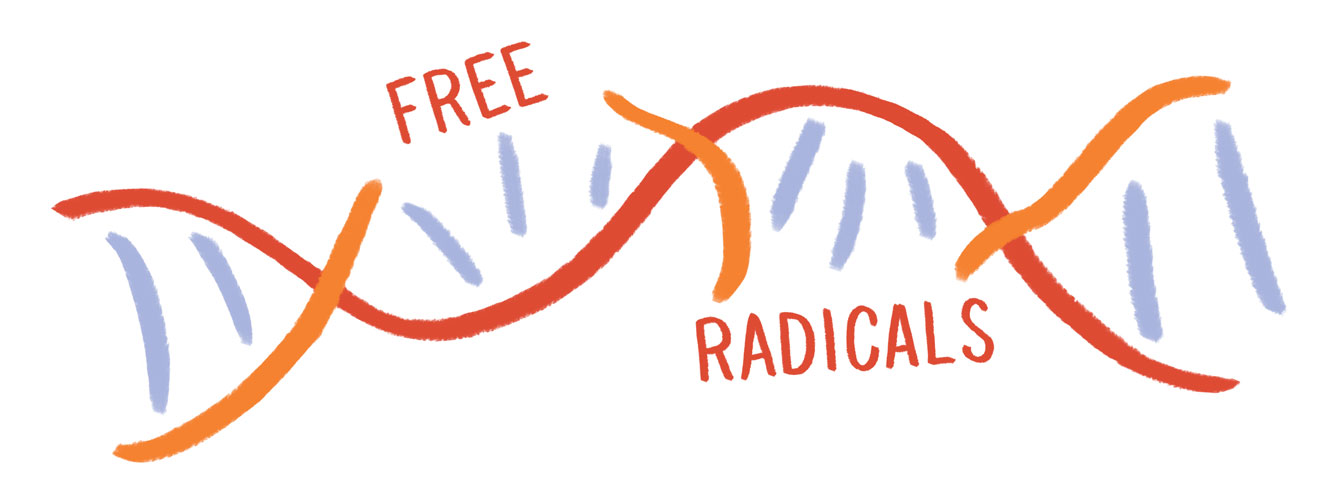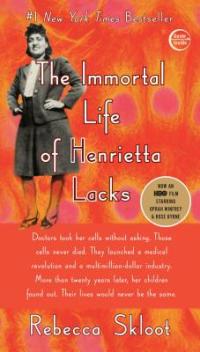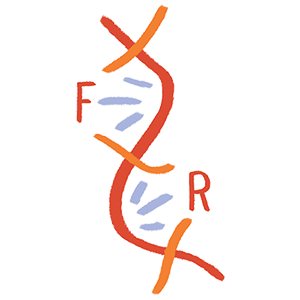
An open book with the text "Free Radicals Reads" across its pages; the word "Reads" is under a magnified glass with a worm perched upon the handle. "Freading Frainbow" appears in cloud shaped font across the rainbow colored sides of the book's pages. Artwork by Keshy Jeong .
Although we write stuff for you to read, we read too!
Sharing resources and readings is one of the biggest ways that we self-educate. Free Radicals Reads is a way for us to share some of that with you. In Free Radicals Reads you will find some of our personal recommendations and a few words about why they are worth checking out.
We also want to hear from you–have you read/heard/seen anything you want to recommend to other Free Rads readers? If so, let us know here and we can feature it in the next edition of Free Rads Reads.
 Animacies by Mel Y Chen
Animacies by Mel Y Chen
“It is a combination of queer theory/disability theory/intersectional queer of color writing on the animacies of abiotic factors in our bodies. In this case the abiotic factor is heavy metals (!!!). Groundbreaking and fucking amazing writing, best writing I’ve read in a long time (the author majored in linguistics in undergrad).”
–Sasha Karapetrova
The Immortal Life of Henrietta Lacks by Rebecca Skloot
“Henrietta Lacks was a black cancer patient in the 1950s whose tumor cells were taken without informed consent and were later used to spark an explosion of research into human cell tissue growth and cancer research. The book does a good job of humanizing the people behind scientific breakthroughs – especially the often marginalized and unheard POC voices, like Henrietta, whose literal bodies allow us to learn more about biology and the world around us.”
–Art Li
The Hidden Half of Nature: The Microbial Roots of Life and Health by David R. Montgomery and Anne Bikle
“This book gives a really good breakdown of the relationship between microbes, soil health, and human health. I haven’t been able to stop talking about microbes since. Did you know there are more microbes in your gut than stars in the universe?”
–Alexis Takahashi
 Reality is Broken by Jane McGonigal
Reality is Broken by Jane McGonigal
“It’s a book about how what we can learn from games to solve real world problems. This can be games that directly address specific issues, but more often what about the essence or design of games can be used to make the world a better place!”
–Linus Kuo
 On Such A Full Sea by Chang Rae-Lee
On Such A Full Sea by Chang Rae-Lee
“On the surface, it’s a story set in dystopian America where society is stratified into three groups, and about a girl’s search for her missing boyfriend. Some things I loved were 1) exploration of relationship between collectivism, individualism, and happiness (and harm) (and culture). 2) Asian-(dystopian)American protagonist…super basic but tbh was really nice to have, 3) lots of surreal events that take place including an encounter with a circus family and girls making a giant mural, 4) descriptions of fish tanks.”
–Sophie Wang
 New Ways of Knowing: The Sciences, Society, and Reconstructive Knowledge by Marcus G. Raskin, Herbert J. Bernstein, and Susan Buck-Morss
New Ways of Knowing: The Sciences, Society, and Reconstructive Knowledge by Marcus G. Raskin, Herbert J. Bernstein, and Susan Buck-Morss
“Through a series of essays, the destructive and colonizing groundwork of scientific thinking is discussed, deconstructed, and reconstructed. Various authors offer to replace the traditional “value-free”/”apolitical” form of inquiry and research with a knowledge model that emphasizes social responsibility, compassion, and democratic principles. Although At times, it can get too conceptual and dense for me, the various practices and methods offered and the histories of colonizing science and knowledge is captivating and inspiring.”
–Adam Blaustein Rejto










